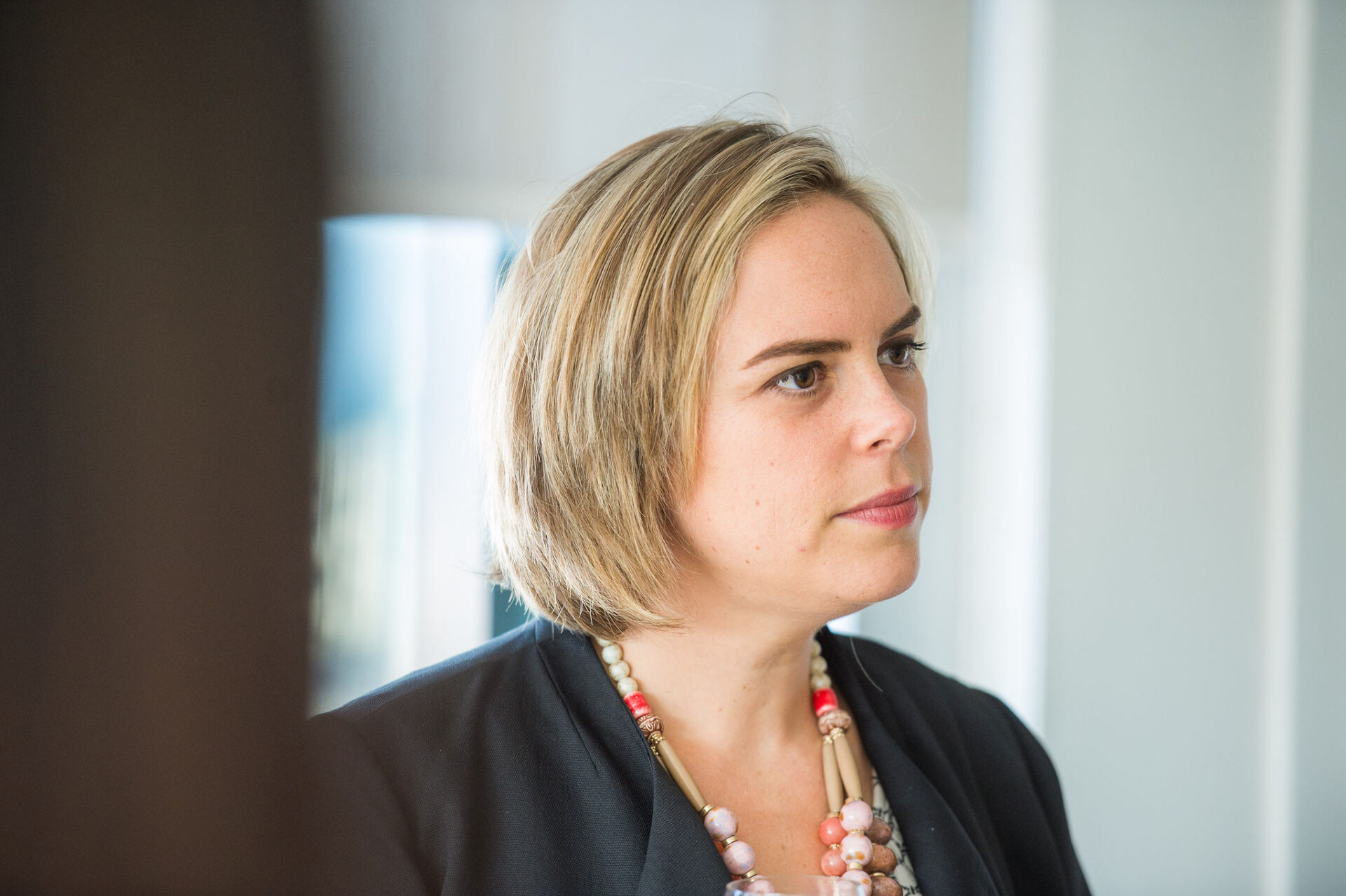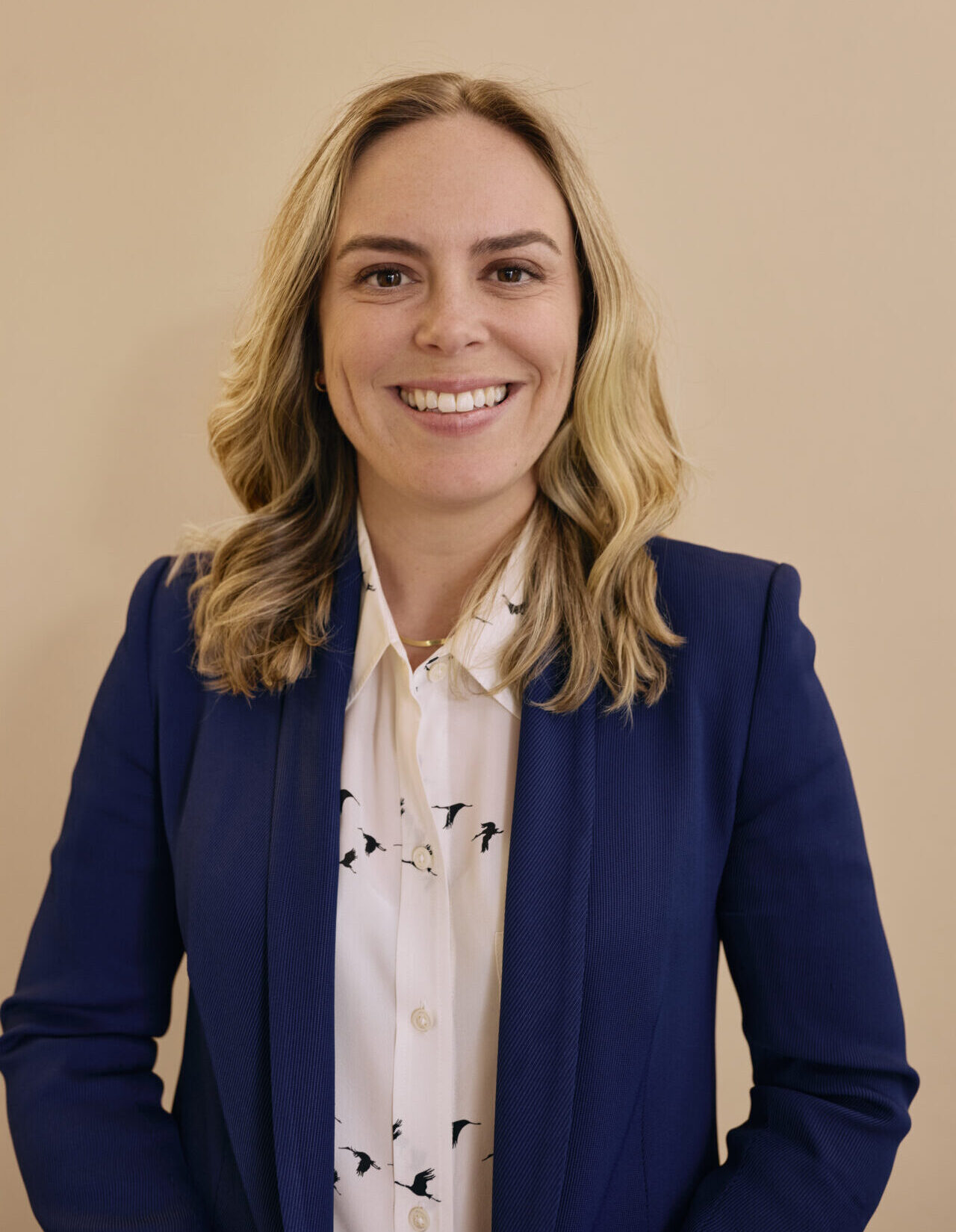Following on the recent CBC article discussing how divorced or separated parents can continue to share parenting time with their kids during the COVID-19 crisis, the following questions come to mind:
1. Can the children continue to go between two households, especially if there are step-children or extended family members living in one of the households?
2. What do you do if someone in your ex-spouse’s household has returned from travel or must self-quarantine for 14 days? Should regular parenting still continue?
3. If a stay-in-place shelter direction comes from the Government (which would limit people’s movement) how can parents continue to have regular parenting time with their children if they live more than 2km apart?
These are all questions that separated families are having to grapple with amidst this unprecedented situation. As suggested in the CBC article, if separated parents have relatively good communication, they should be able to come up with a protocol for how to deal with parenting time during COVID-19. The number one priority is to keep the children safe and away from any potential risk of contracting COVID-19. At the same time, it is important for parents to take a balanced approach that does not unfairly limit one parent’s parenting time for little or no reason. Based on the Government’s current directives, my thoughts are (which in no way should be taken as legal advice and will not apply to all situations):
1. Children can continue to go between households if no one in either home is infected or showing any symptoms of COVID-19. Both parents should be following current Government directives on social distancing and other necessary measures. If that is the case, then the risk of travelling between households appears relatively small, and would be outweighed by the emotional harm suffered by a child who is suddenly cut-off from one of their parents.
2. If your ex-spouse’s household has higher risk individuals that are under quarantine, discuss keeping the children at the “safe” home during the 14-day quarantine, while arranging ways for the children to safely spend time with the parent living with the quarantined individual. This could be video-conferencing or time outside the home while still respecting social distancing. The parents can also discuss make-up parenting time after the 14-day quarantine is over (provided no one is showing signs of COVID-19). The other option would be to see if the person that requires quarantine can reside elsewhere during the 14 days, so the children can continue to go between the two homes.
3. If a stay-in-place shelter direction comes from the Government and the parents live too far from one another to continue regular parenting time, one parent will likely have to care for the children during that time with Facetime or other communication protocols in place and make-up time determined after the stay-in-place shelter direction is lifted.
If you and your spouse are unable to agree on a protocol for parenting time during COVID-19, there are ways to try to deal with these issues even though the courts are only hearing urgent matters. If you have a Parenting Coordinator (who is a certified individual that can make binding decisions related to parenting issues), you can use the Parenting Coordinator to help develop a protocol. Many mediators and arbitrators offer services by video conferencing or telephone, instead of in person, and they too may be able to help resolve disagreement. The difference between a mediator and arbitrator is an arbitrator can make a binding final decision while a mediator can only assist people in reaching an agreement. If your case is truly urgent — perhaps where a parent is being denied all parenting time without due cause—the court may still be willing to adjudicate.
Our lawyers at Connect Family Law continue to offer consultations and our services by video and telephone to assist families in navigating these challenging issues. Contact Us

